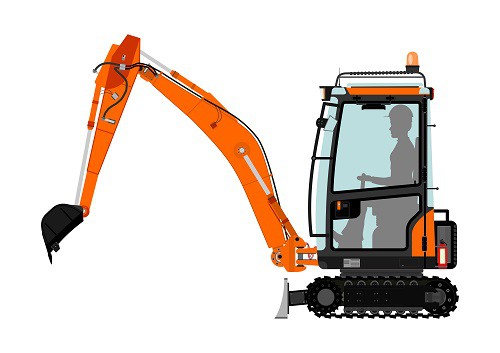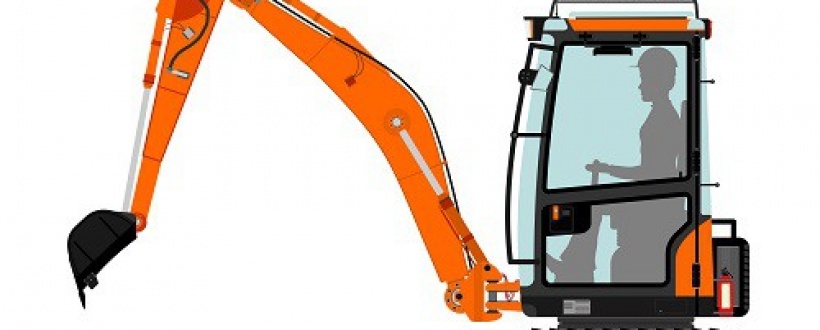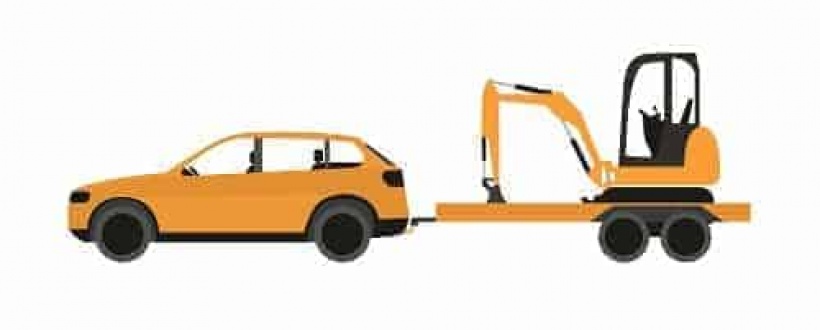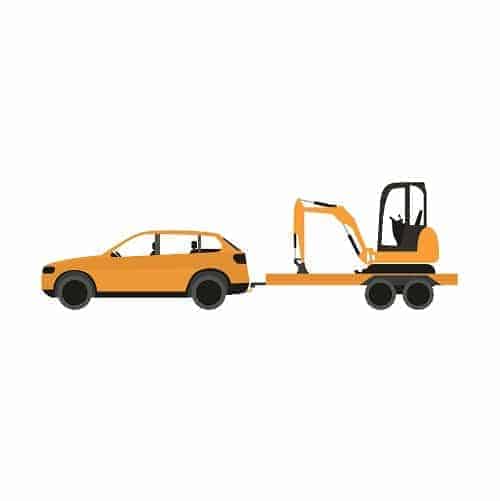
It’s fair to say that the introduction of mini excavators in the construction industry is a revolution. Mini excavators have become very popular in the extremely cost-conscious building trade and in other sectors. They’re well known for their high performance, reliability, and excellent business values. They’re also very practical options in many ways, reducing operating costs and delivering measurable values.
The 7 Benefits
These benefits are the reasons why mini excavators have taken over from larger excavators around the world:
- Agility: Mini excavators are highly manoeuvrable on any work site. They can access all areas and reduce positioning time compared with large excavators.
- Ease of training: Mini excavators are very trainee-friendly. It’s easy to learn how to operate a mini excavator, which also reduces training costs and time.
- Better access onsite: Mini excavators can move into tight areas and operate with ease. The traditional access issues with large excavators make the bigger machines quite unsuitable for some sites. There’s much less need to demolish to obtain access, too.
- Less damage to the worksite: These lighter vehicles don’t dig up the soil or turn worksites into quagmires when it rains. The mini excavators leave a very small footprint on operating surfaces, reducing risks to driveways, gardens, etc.
- Transport: The much smaller mini excavators are easy to transport by trailer, eliminating the expensive logistics of moving large excavators while delivering the extra benefits of their size and agility.
- Multi-functionality and high productivity: One area where mini excavators truly excel is in their versatility and ability to deliver multiple onsite services using attachments. A mini excavator can actually do more than a large excavator in this regard.
- Lower operating costs: Mini excavators save money in all areas of operation compared to big excavators. They can do the same work at a lower cost while delivering the same performance as large excavators in many different roles.
Business Benefits
The 7 benefits above all add up to a further, ongoing major benefit in the form of much better cost values for businesses. If you’re considering your options for buying a mini excavator, there are some added points for consideration
A mini excavator will deliver:
- Reduced operating costs
- Lower training costs
- Improved functionality and versatility
- No major access issues
- Better transportability and logistics
- Improved profitability through lower costs
- Very high values in onsite performance across all types of work
- Much better operational efficiency onsite
These net values, applied to a construction company over any period of time, equal major dollar values for businesses. A mini excavator is as much an investment as a piece of equipment. You can reduce overheads, improve performance, and add a range of capabilities to your business.
Brisbane’s Home of Mini Excavators
Allclass Construction Equipment has an impressive range of new and used mini excavators. If you’d like to find out more, call us or contact us online and discuss your needs with our mini excavator experts. We’re happy to assist and provide any guidance you require.




